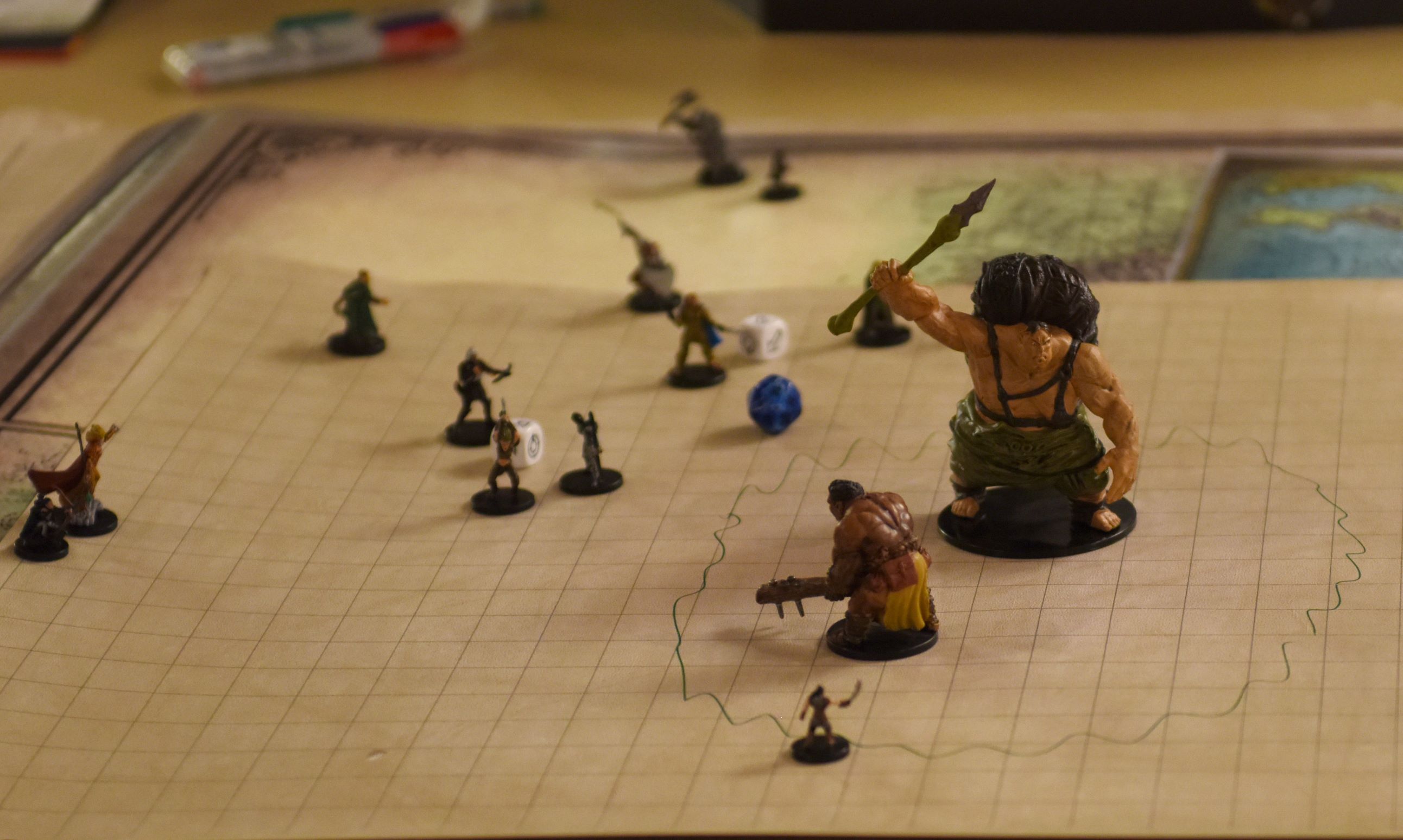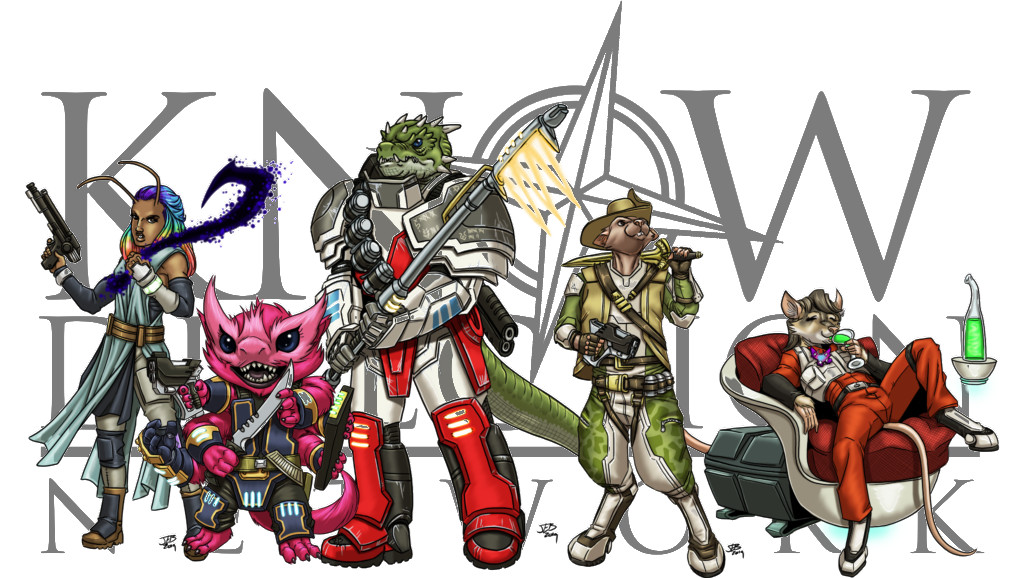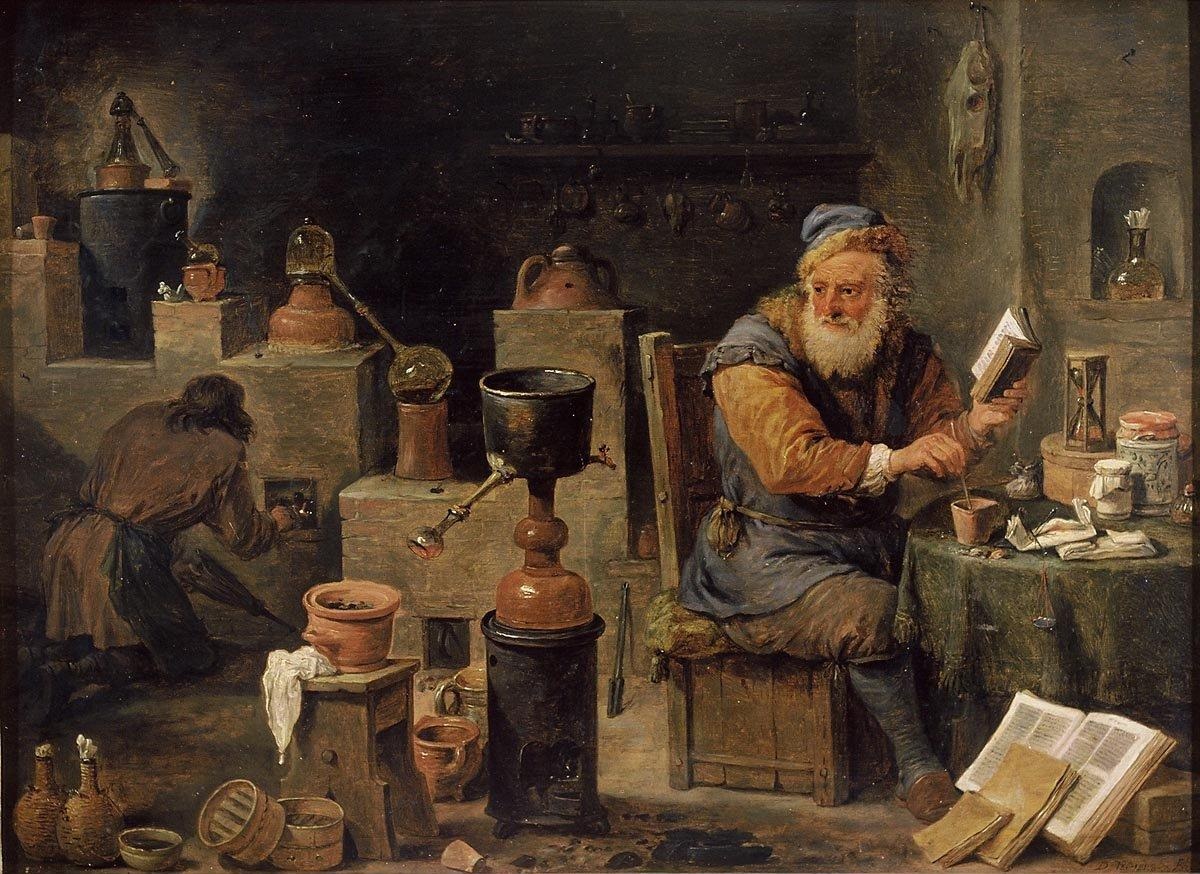Discrepancies in power between the party can often lead to situations that just aren’t fun for some folks at the table. Today, we look at ways to iron out parties and encounters when GMing with powergamers among non-powergamers.
Dear DovahQueen: Where do I draw the line between optimization and power gaming? How do I balance encounters for parties with different levels of experience/optimization?—AJ
Dear AJ: I think that this question is ubiquitous in TTRPG culture. Power gaming is oft beloved by the player who partakes and despised by everyone else at the table who didn’t. That’s not to say that powergaming is doing anything wrong per se, but for a table that’s unprepared to deal with it, it does create imbalances that are difficult to address and capable of soiling the fun for everyone else. These kinds of issues most often arise when one amount of characters just out-performs all others. This leads to a number of players having less fun than they reasonably signed up for. On top of all this, it’s the GM who’s going to struggle to manage encounters that provide a challenge for one group of players without instantly merc’ing the other. This issue is something I’ve put a lot of thought into, and I have a few options for you to try.
The first is both the easiest and hardest at the same time. Consider that the main difference between a powergamed character and one that wasn’t PG’d, is in the math due to available options selected. Some game systems are balanced well enough that it’s harder to powergame the system. Let me use PF1 and PF2 for an example. PF1, for a variety of reasons, was well-known to be less than perfectly balanced. It wasn’t hard to have characters of differing performance tiers based merely on the choice of class alone. The mere presence of Unchained versions of classes alone proves this point. Then you had what…millions of feats to choose from? And 90% of those feats never saw play because they weren’t Weapon Focus and Power Attack levels of lethal? It all added up to different styles of play—some players picked the options that were strongest and others picked the options that sounded fun. Boom, power disparity. And don’t even get me started with 5th edition! At the moment, Pathfinder Second Edition doesn’t seem to have this problem…yet. Only time will tell if it’s because it’s new or if it’s just because they designed it well. In it, they have specific points in the character’s development where they have you choose from a list of lethal options, and then there’s another point where you are asked to choose from more out-of-combat options. In it, it’s harder to find a difference between the character of a powergamer and a non-powergamer because the system is directing them both to make the same decisions. The reason this whole suggestion is both easiest and hardest is because the right system will iron out all of the power issues for you but jumping ship on an edition that you and your group already enjoy is a nonstarter most of the time. And this isn’t me saying “it has to be PF2” either. It’s the most balanced of the mere 6 systems that I personally know, but there are easily ten times that number of systems that may also be perfect for your group just waiting to be researched.
Another suggestion I have begins at character creation. Truthfully, I think most issues at the table can be preemptively addressed during character creation. When you’re pre-session-zero and everyone is still thinking about what they may or may not wanna play, start writing some soft guidelines for your players. Give them some bait to lead them towards making a more character-oriented character. Tell them about the world they’re going to be in and about the town’s culture where they’re from. Ask them to write friends and family into the backstory. What I’m saying is provide ample tools for them to craft rich characters with. You want to spark their imagination and get them to think about their character as more than a haphazard collection of system elements that work to make a powerful build. You want them thinking about their choices with what’s more or less in-character. You want them roleplaying. I often find that many powergamers are simply not drawn into the roleplaying aspect. If you can engage them on that front, you might see them ease off of the OP strats. Keywords: if and might; YMMV. You can still engage them after character creation, but it likely will be an uphill battle of their character begin as a cold build of calculated maths. You want a strong foundation right for the start.
If you can’t switch systems or adjust course at character creation, then I have one more option for you, this is one that I spent my first ten years as a GM having to do. For an unbalanced party, you have to build encountered with different balances in them. Multi-target combats are going to be your bread and butter. If you have two characters which just mow down everything you put in front of them and two that are more in-line with where you’d expect them to be, plan your encounters such that one “group” of enemies is a little tougher and goes for your power gamers. Let another group go for your other players. “Easier said than done,” right? The hard part here is figuring out how to separate them when your party just kinda groups up. So, be looking for methods to separate them. Pit traps, slamming gates, other obstacles can work pretty well, but you can’t use these in every fight. One of my favorites is splitting the party as two different teams on the same mission. Maybe group A needs to secure the gate mechanism so that group B can slip in undetected. The issue with power discrepancies is that some characters don’t get a chance to shine; multiple goals for different sections of the party is a good way to give everyone their chance. You won’t be able to split the party in every fight though. Eventually, it’ll be a joke how often it happens. Sometimes, you’re just going to have to bite the bullet and let them all fight together.
My last suggestion is perhaps the loosest. Consider giving your underperformers a little boost to help them keep up. You obviously won’t want to just give them handouts, but you can give them magic items as rewards at the end of a long line of roleplaying. Finished a family’s long quest and became endeared to them? Here, take this powerful heirloom blade. I’d limit the boosting to magic items; you could give feats and such, but that starts dipping into territories that aren’t really fair to the powergaming player. It has to be at least somewhat fair and even magic items aren’t fully there either. That’s why this is my least preferred method, but it can work in a pinch. Maybe temporary items are the way to go? Potion of Heroism with an expiration date set to tomorrow? Maybe this ship has an easy-to-man ballista that someone can use. Less permanent items should feel more fair overall.
The most important thing to do, though, is talk it over with your players. See what they think and if they have anything productive to offer. As much as possible, you want everyone on the same page about how the game is going to run. Good luck!
You can request RPG advice by sending an email to deardovahqueen@gmail.com or by message on Facebook.






